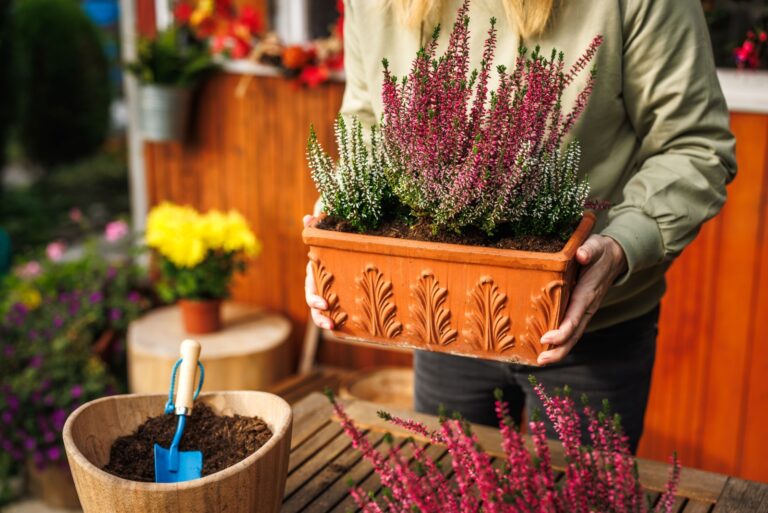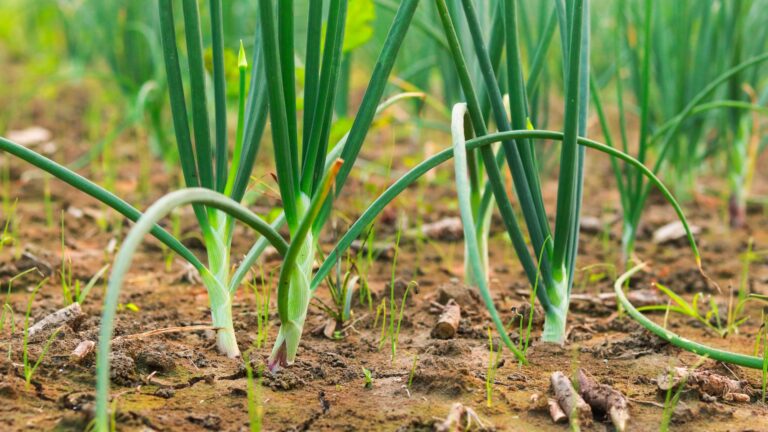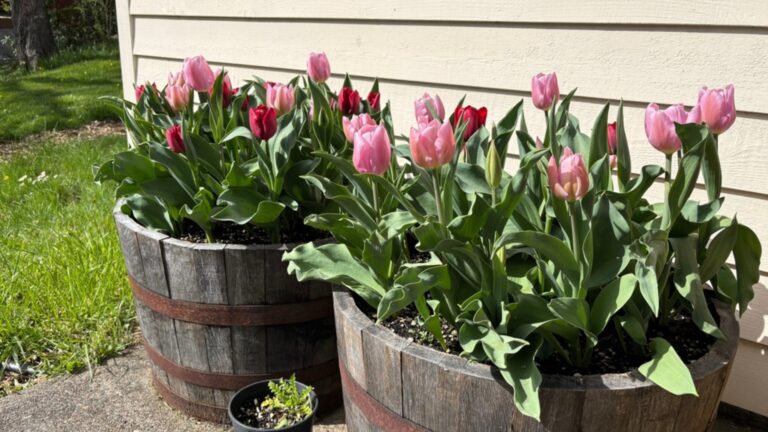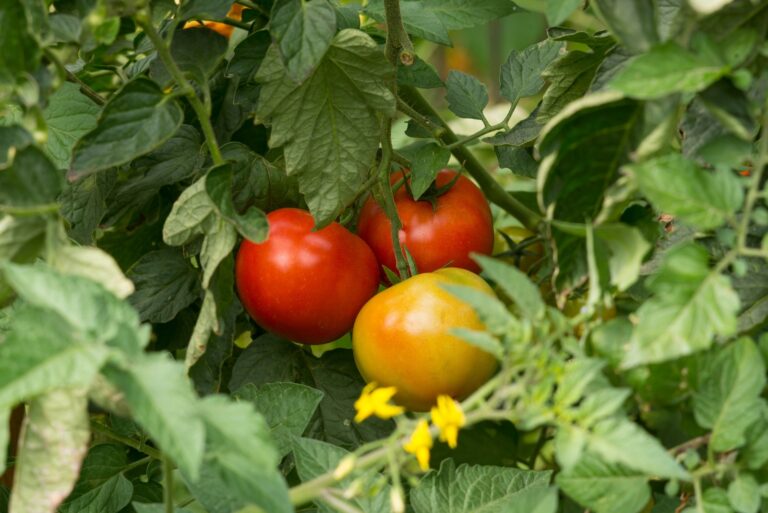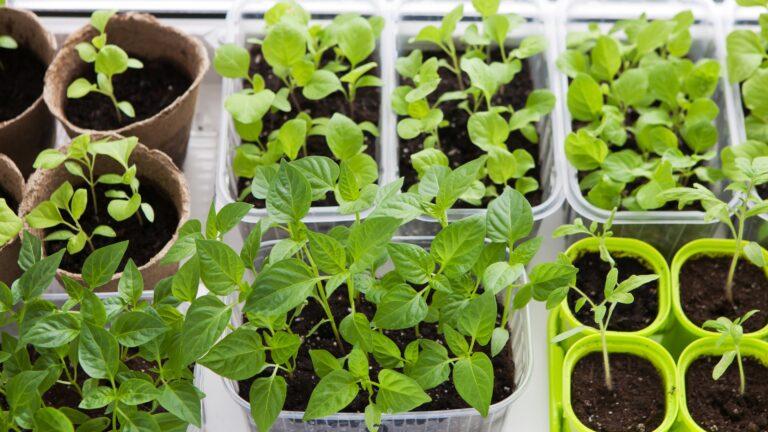10 Things To Do In Your Pennsylvania Garden This November
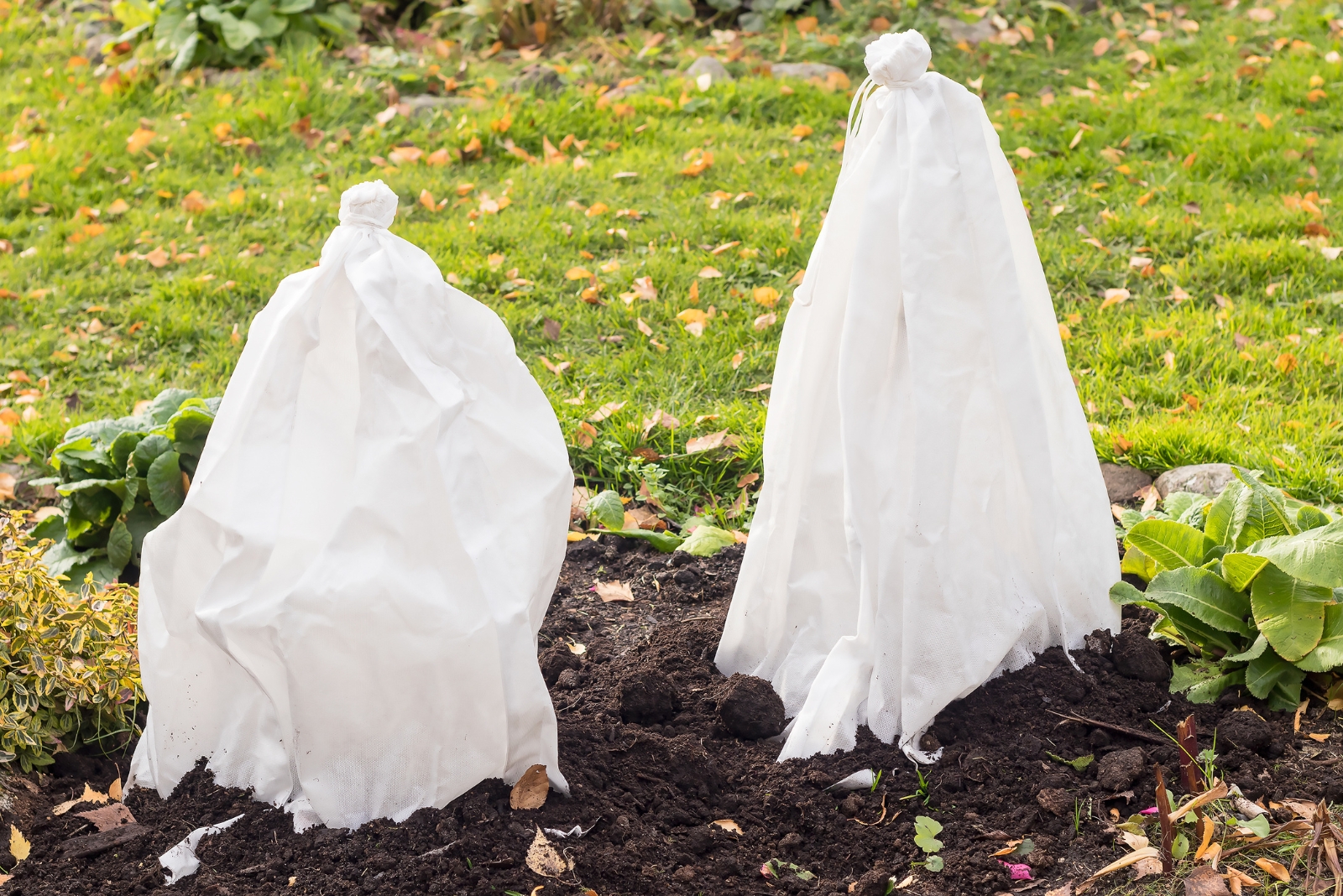
November in Pennsylvania brings crisp air and shorter days, signaling the garden’s transition into winter rest. While it might seem like time to hang up your gardening gloves, there’s actually plenty to do to prepare your outdoor space for the cold months ahead.
Taking care of these tasks now will help your garden bounce back beautifully when spring arrives, making your efforts well worth the chilly weather.
1. Plant Spring-Blooming Bulbs
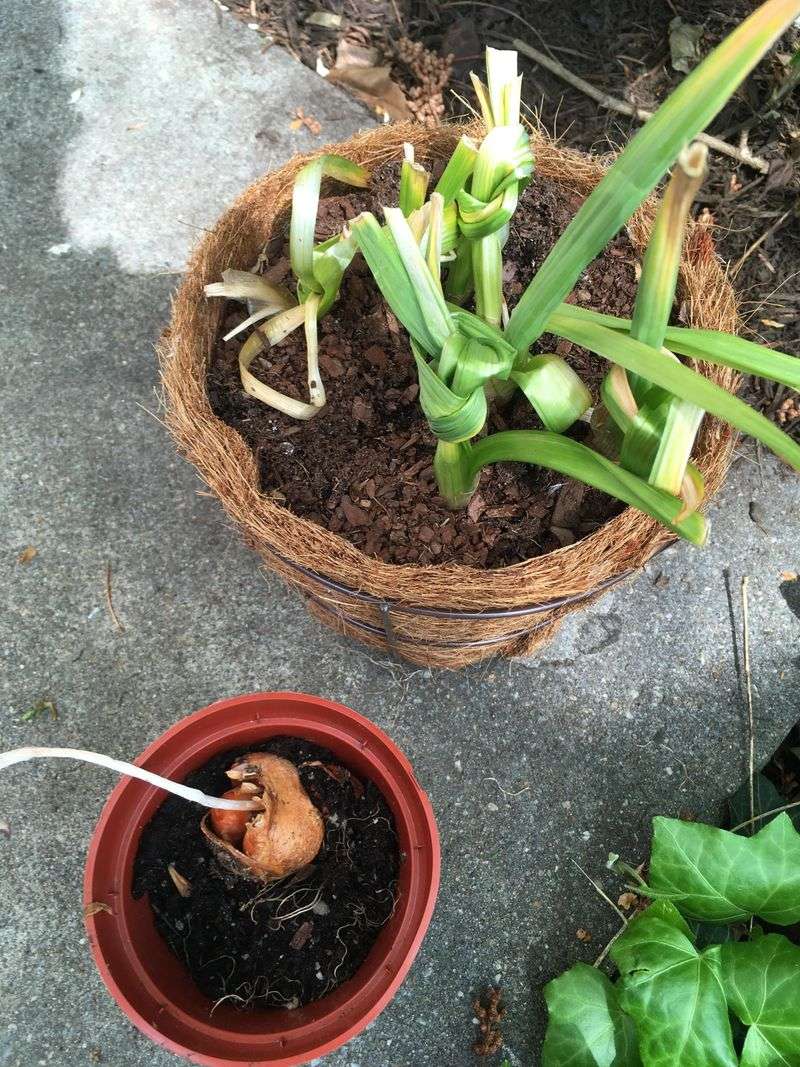
Before the ground freezes solid, you have a final chance to tuck tulip, daffodil, and crocus bulbs into the soil. Pennsylvania’s November temperatures are ideal for bulb planting since the earth is cool but still workable.
Choose a sunny spot with good drainage and plant bulbs at a depth three times their height. Come spring, you’ll be rewarded with cheerful blooms that brighten up your yard after a long winter.
Remember to add a layer of mulch after planting for extra protection.
2. Rake And Compost Fallen Leaves
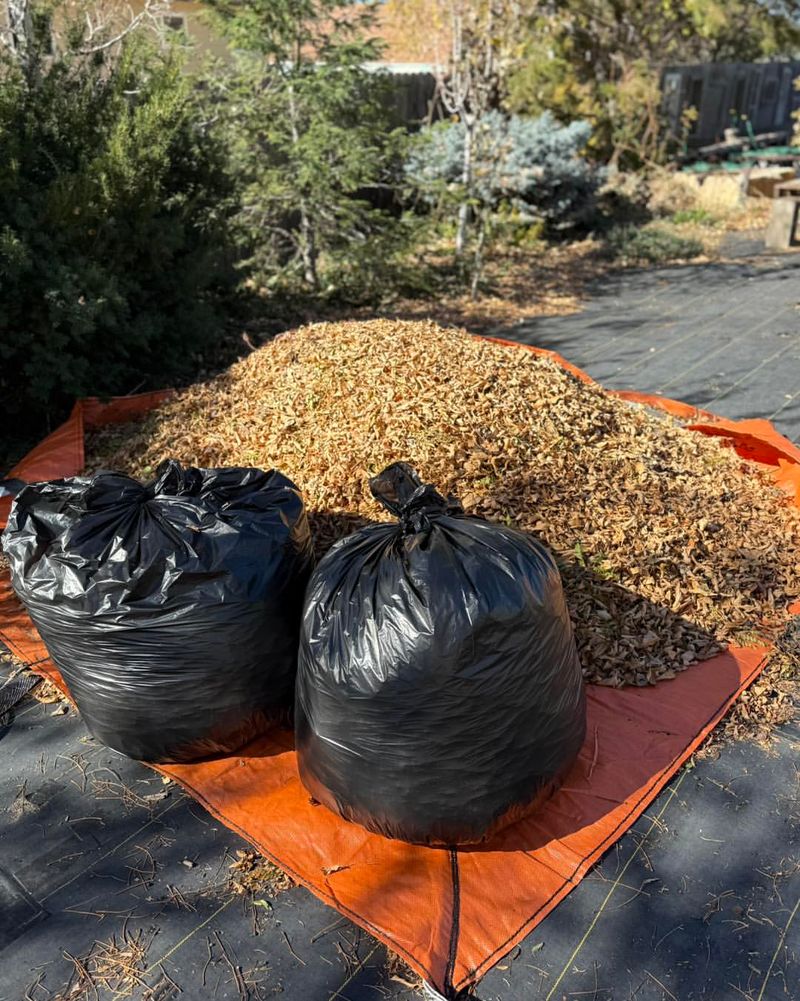
Fallen leaves blanket Pennsylvania yards throughout November, creating both a chore and an opportunity. While thick leaf layers can smother grass and harbor pests, they’re also gardening gold when composted properly.
Rake leaves into piles and either add them to your compost bin or shred them with a mower to use as mulch around plants. Shredded leaves break down faster and provide nutrients to the soil.
Your garden will thank you for this natural fertilizer next growing season.
3. Protect Tender Perennials
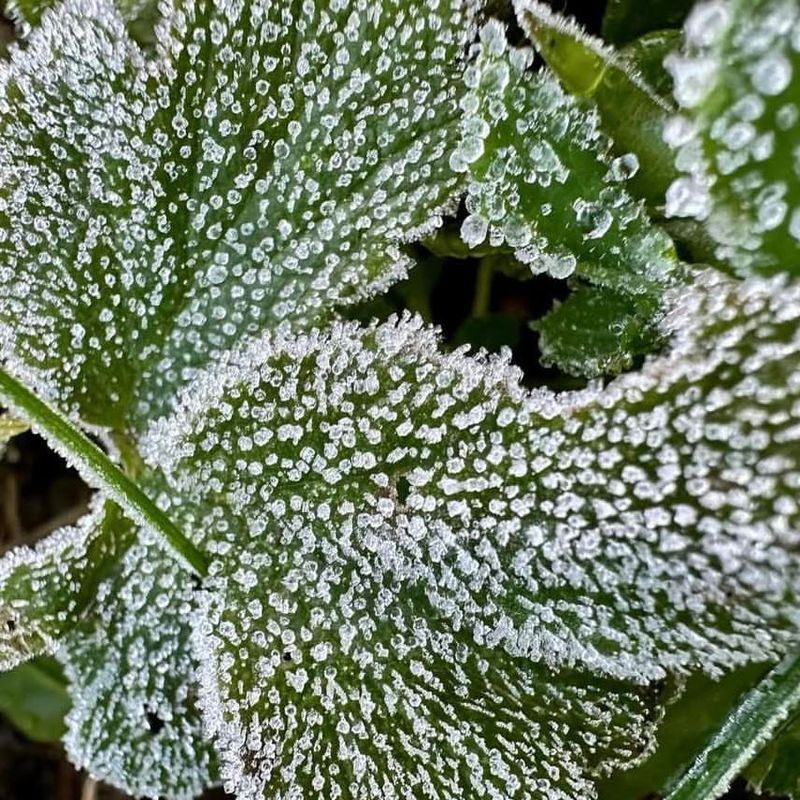
Not all plants can handle Pennsylvania’s harsh winter temperatures without a little help. Tender perennials like roses, lavender, and certain ornamental grasses need extra insulation to survive until spring.
Apply a thick layer of mulch around the base of vulnerable plants, creating a protective blanket that moderates soil temperature. You can use straw, wood chips, or shredded leaves for this purpose.
For roses, consider mounding soil around the base for additional protection against freezing winds.
4. Clean And Store Garden Tools
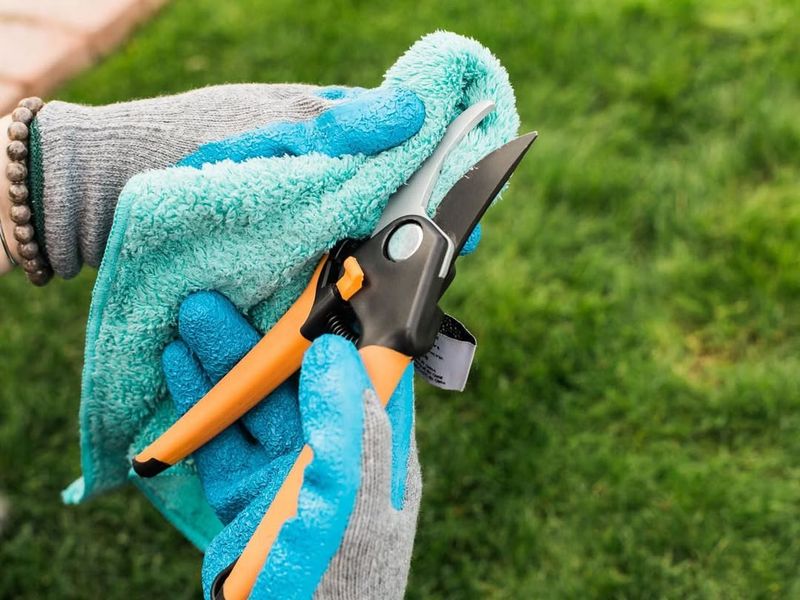
Your shovels, rakes, and pruners have worked hard all season and deserve proper care before winter storage. Dirt and moisture left on tools can cause rust and damage, shortening their lifespan considerably.
Scrub off soil with a wire brush, then wipe metal parts with an oily rag to prevent rust. Sharpen cutting tools like pruners and shears so they’re ready for action next spring.
Store everything in a dry shed or garage where they’ll stay protected from Pennsylvania winter weather.
5. Drain And Winterize Irrigation Systems
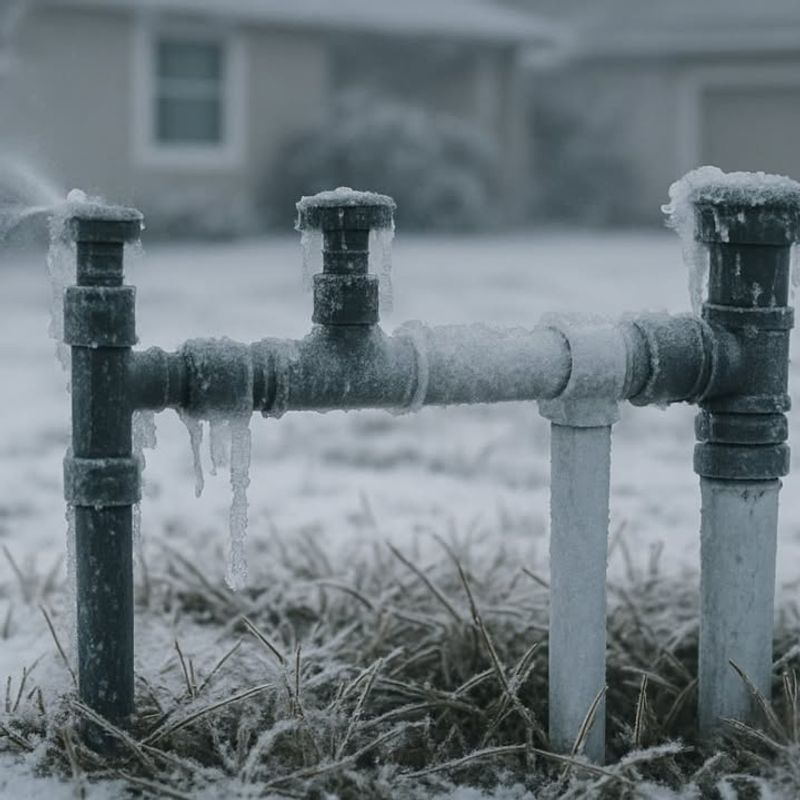
Water left in hoses and irrigation lines can freeze and expand, causing cracks and expensive damage. Pennsylvania’s freezing temperatures make winterizing your watering systems absolutely essential before the first hard frost.
Disconnect garden hoses from outdoor faucets and drain them completely before storage. If you have an in-ground sprinkler system, blow out the lines with compressed air or hire a professional.
Don’t forget to shut off outdoor water valves and install faucet covers for extra protection.
6. Add Compost To Garden Beds
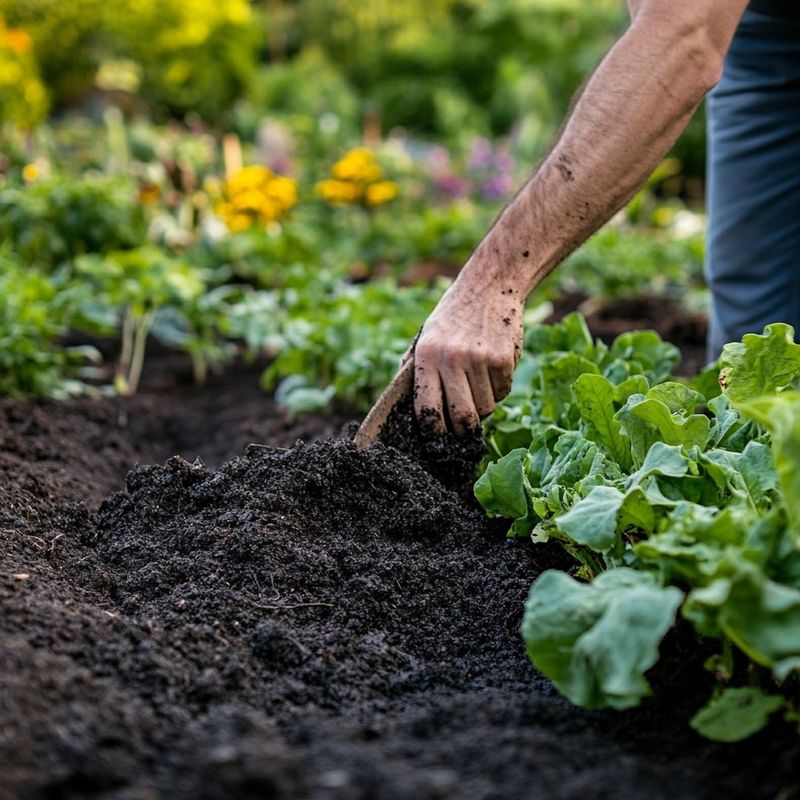
November is perfect for enriching your soil with compost since beds are empty and ready for amendment. Spreading a generous layer of finished compost now gives it time to break down and integrate with existing soil over winter.
Simply spread two to three inches of compost across your vegetable and flower beds, then let nature do the work. Worms and beneficial microbes will mix it in naturally.
By spring planting time in Pennsylvania, your soil will be dark, crumbly, and packed with nutrients.
7. Prune Dead Or Damaged Branches
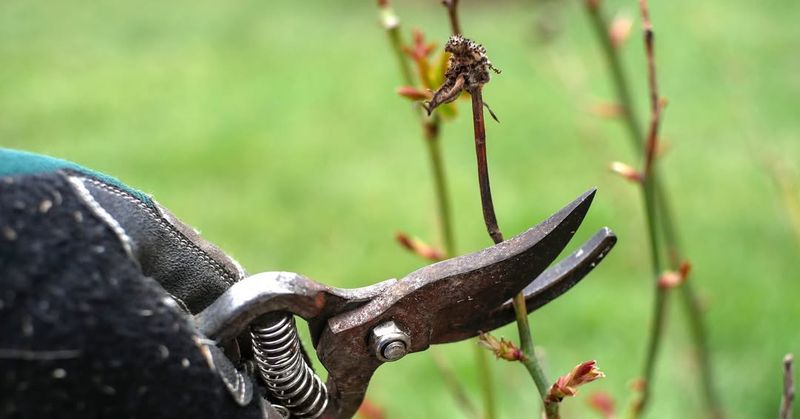
With leaves gone, November reveals the true structure of trees and shrubs, making it easier to spot problem branches. Dead, diseased, or damaged limbs should be removed before winter storms bring them crashing down.
Use clean, sharp pruning tools to make smooth cuts that heal quickly. Focus on removing branches that cross or rub against each other, as these can create wounds that invite disease.
Save major pruning for late winter, but address obvious problems now for safety and plant health.
8. Plant Garlic For Next Summer
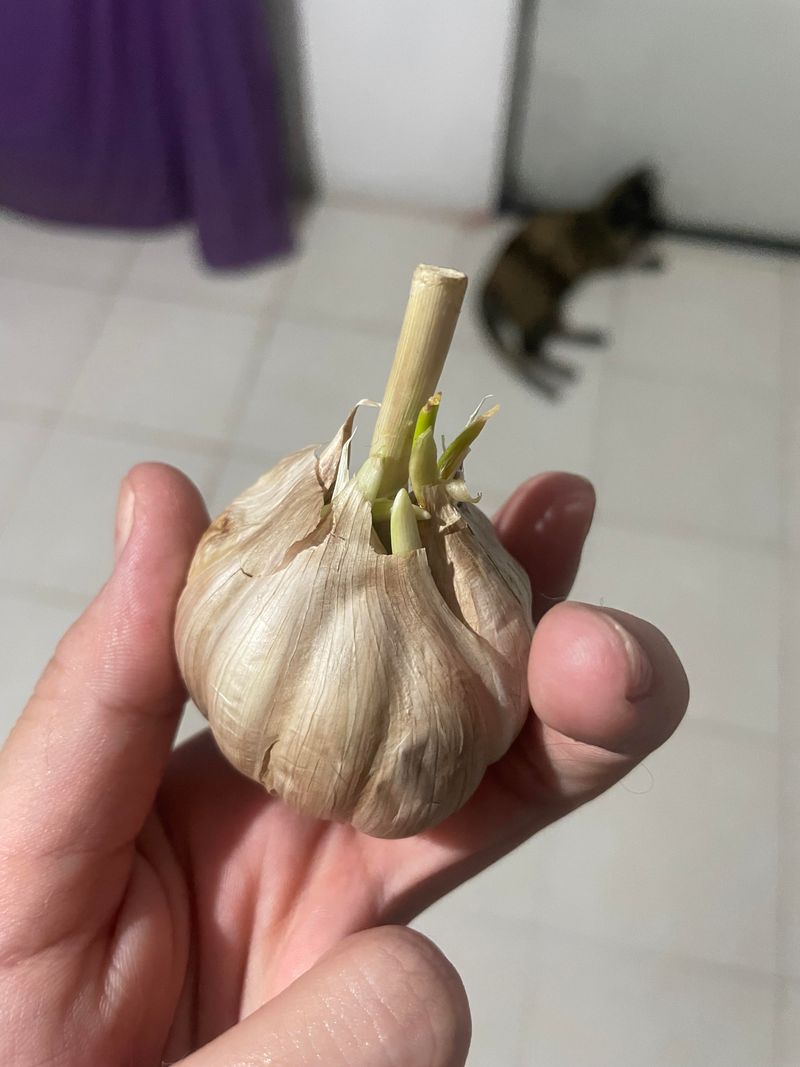
Garlic needs a cold period to develop properly, making November the ideal planting time in Pennsylvania. Individual cloves planted now will establish roots before winter and sprout early next spring.
Break apart garlic bulbs into individual cloves and plant them pointy end up, about two inches deep and six inches apart. Choose a sunny location with well-draining soil.
Cover the bed with mulch and wait patiently for your homegrown garlic harvest next July or August.
9. Build Or Repair Raised Beds
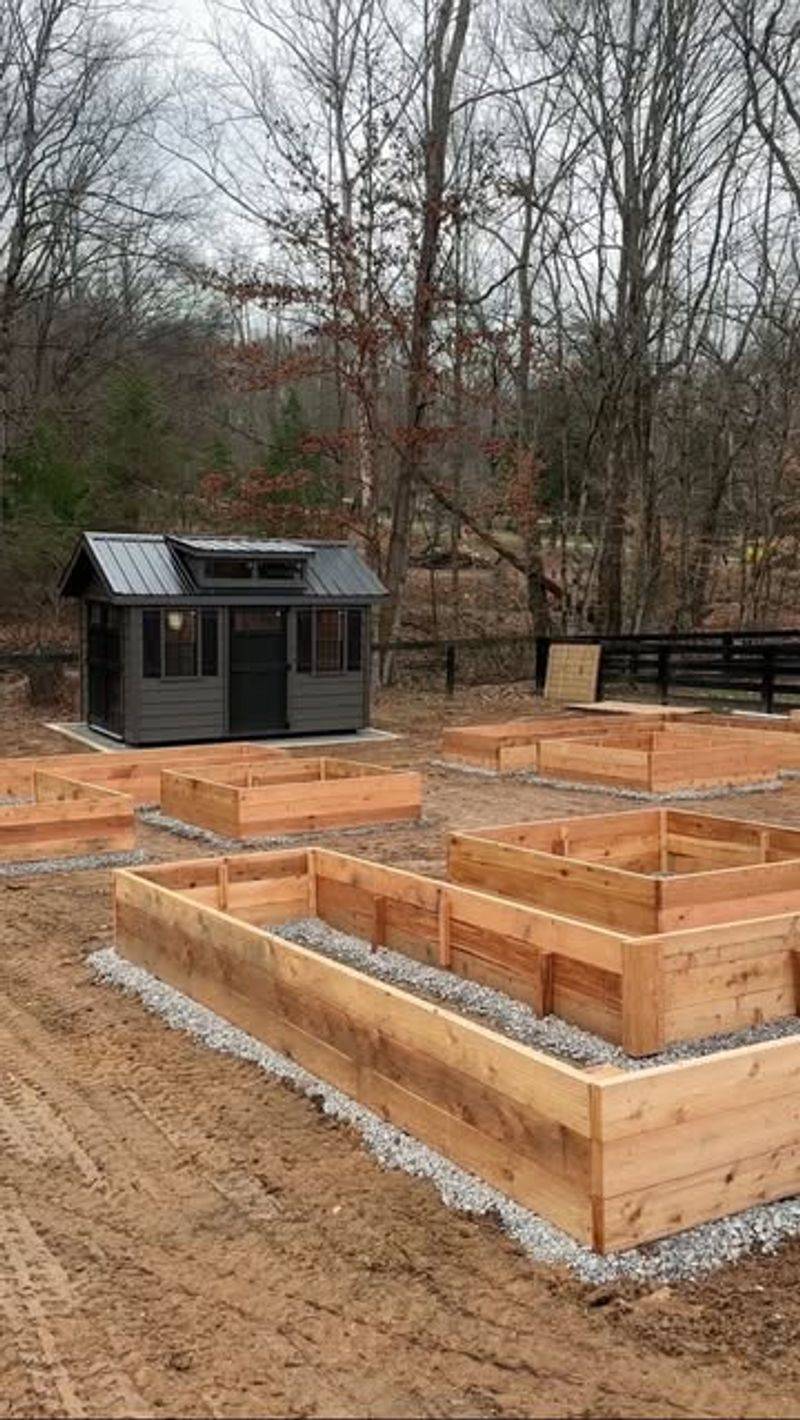
Cold November days are actually great for Pennsylvania garden construction projects since you won’t be sweating in summer heat. Building new raised beds or repairing old ones now means they’ll be ready when spring planting fever hits.
Use untreated cedar or composite materials that resist rot and last for years. Make beds at least twelve inches deep for good root growth.
Fill them partway with soil amendments now, and they’ll settle perfectly over winter for spring planting success.
10. Feed The Birds With Native Plants
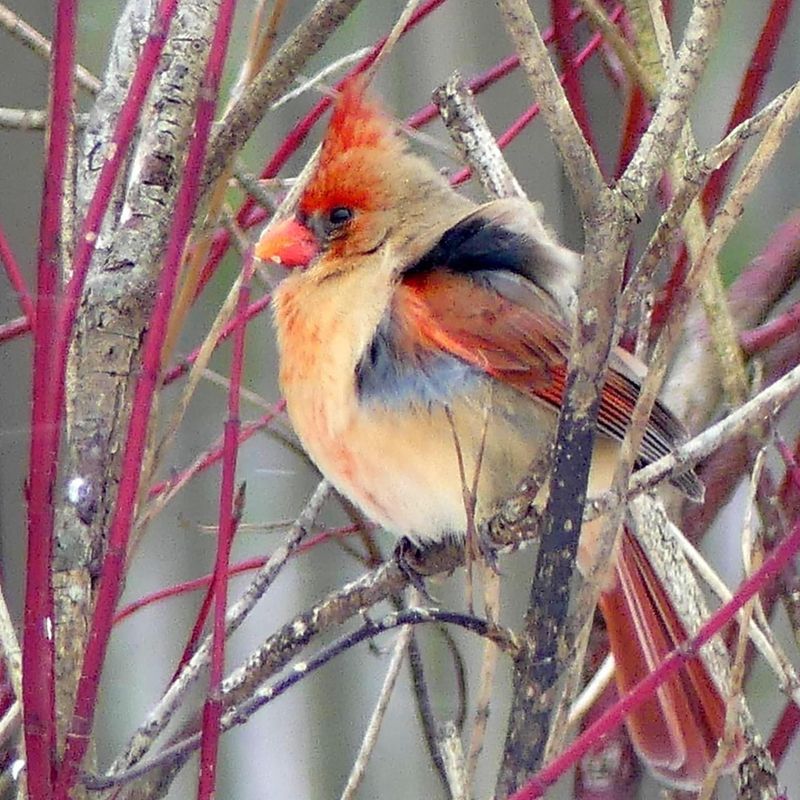
Instead of cutting down all your perennials, leave some standing to provide natural food sources for overwintering birds. Seed heads from coneflowers, black-eyed Susans, and sunflowers offer nutritious meals for cardinals, finches, and chickadees.
Native grasses and shrubs with berries also support wildlife through Pennsylvania’s cold months. Birds will visit your garden regularly, adding movement and life to winter landscapes.
You’ll enjoy watching feathered friends while helping them survive until spring returns.

